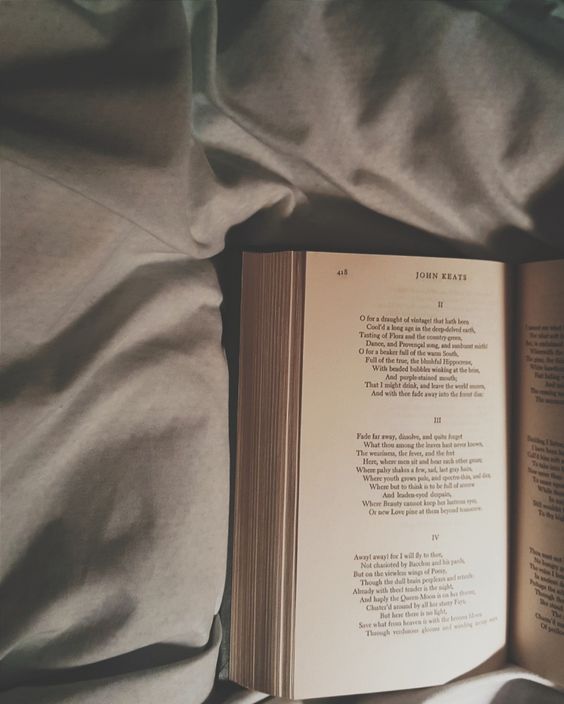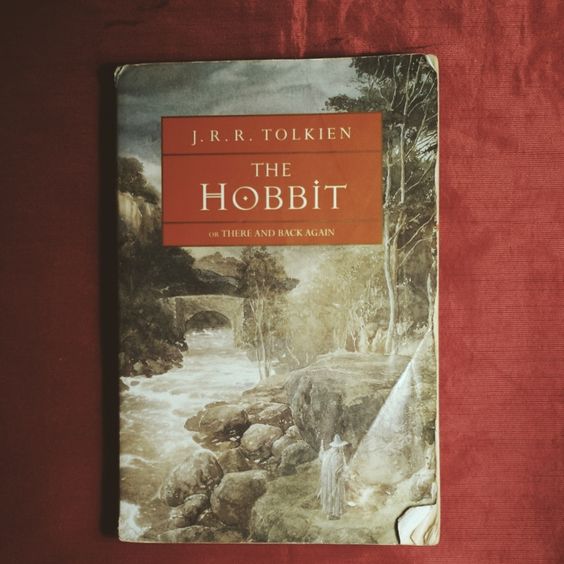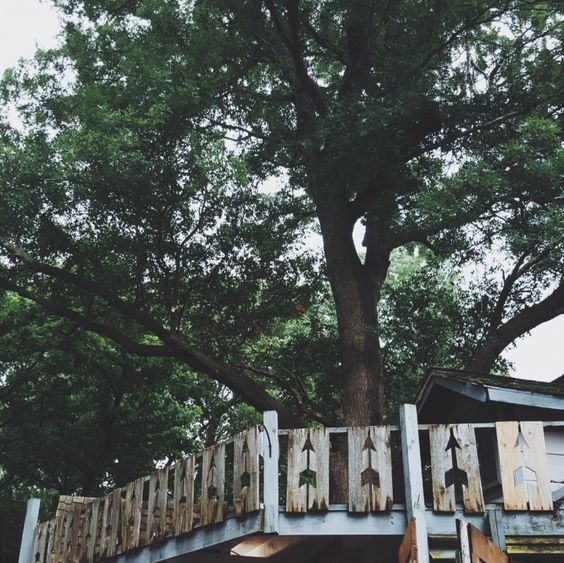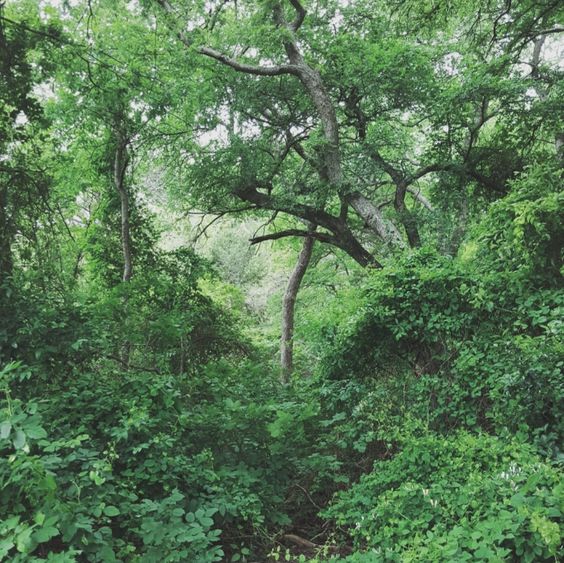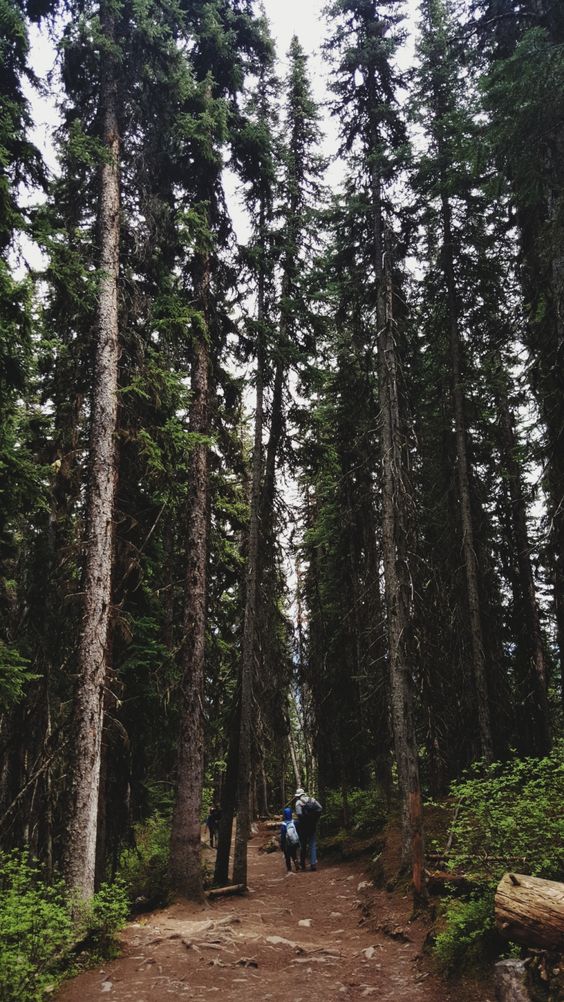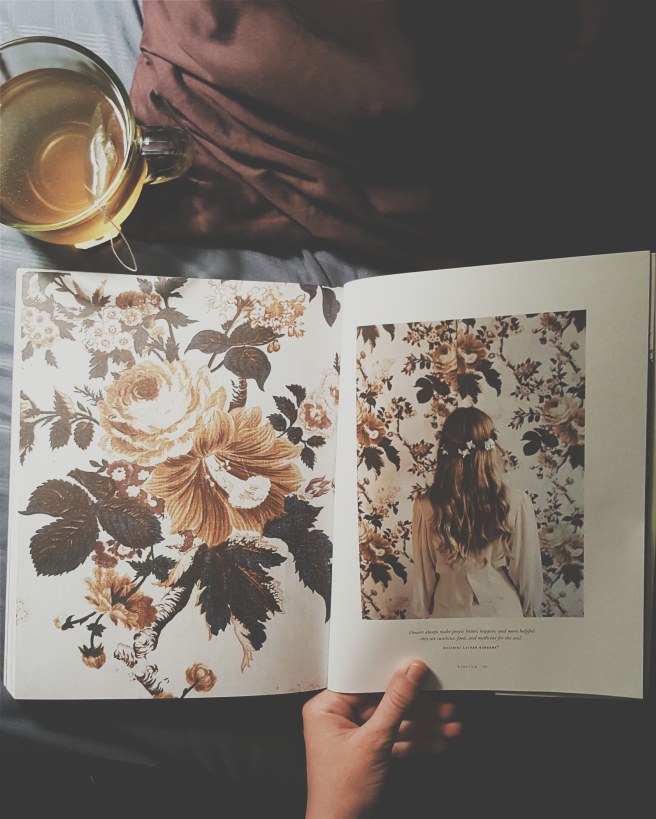
“How oft, in spirit, have I turned to thee, O sylvan Wye! Thou wanderer thro’ the woods, how often has my spirit turned to thee!”
One of my favourite memories from my travels is the time nearly four years ago that we sat on a dry ledge in the ruins of Tintern Abbey, and while the rain fell softly around us as it had all morning, we read aloud William Wordsworth’s ‘Lines Composed a Few Miles Above Tintern Abbey.’ I had hand-copied it into my notebook before we left the States, not knowing at the time that we’d end up getting to see the place itself. Now I am convinced that there is no better way to see that quiet place than during a gentle, steady summer rain. Because of the rain there weren’t many others wandering the sandstone-strewn grounds, and the stillness was comfortable. The tree-covered hillsides and green fields were shrouded in a mist, and the swollen river Wye was almost silent in its rush. Black-and-white cows were grazing in the field by the Abbey, unconcerned and pastoral. I look back on that morning and think days like that are why we travel. For the quiet in places where the ghosts of peace and folly watch, just out of sight, their soft voices pricking along the back of your neck. For the hours spent in empty village pubs while the rain falls on outside, and we sit warm inside wooden walls over wooden floors in wooden chairs at wooden tables. For those big, hot pub meals washed down with pints of local cider (there is no better fuel for backpackers, in my opinion).
We travel even for those times when you leave the trail, get lost in the rain, twist your ankle on a muddy forest slope, run your arm through stinging nettle, maybe cry just a little bit, break some stuff by accident, get a long description of a nearby field where flowers grow from a passing driver who we really just want directions from, and for that moment of despair when we eventually have to stop at a lovely cottage in the hills to try for better luck than we had with the driver. But most especially we travel for the moments when instead of directions we are given a ride back to our own cottage, soaking wet and mud-splattered as we are, climbing into the back seat of a lovely woman’s clean car as she laughs and tells us stories about when she hitchhiked as a teenager.
We travel for that pleasant walk the last mile down a little wooded lane along the river, arriving at a clean, white Prospect Cottage as the evening deepens to find worried hosts who then set our boots to dry by the fire and serve us a basket of handmade toast…
Like Wordsworth, we composed our own lines a few miles above Tintern Abbey that day. Ours weren’t written on paper, rather they were written on our feet and in our souls, bleeding into every part of us like ink on paper. And like Wordsworth who, coming back to places he once knew, could say that despite long absence those “beauteous forms” had not been to him “as is a landscape to a blind man’s eye”, but instead he owed to them, amidst the “din of towns and cities”, “sensations sweet”, a “tranquil restoration” – like him, we walk those lines we wrote again and again in our “hours of weariness” and they have become for us “life and food for future years”.
“I am a part of all that I have met”, said another poet some years after Wordsworth. I feel that Tennyson was right – that all lands and all places and people we encounter, however briefly, stay with us and become a part of what makes us who we are. The memories in my ears and on my skin of sitting in our room in that white cottage have shaped a part of me, and while I agree that experience is an arch, I would argue that not only does the untravelled world gleam there through – So does the travelled world. And that can make us as strong in will “to strive, to seek, to find, and not to yield” as any visions of the unknown world “whose margin fades” forever whenever we move.
In fact, I would disagree with Ulysses and argue that we are made stronger in defending the little good we’ve known than in striving for the great adventures we haven’t yet known.
I would argue, too, that there is more of value and more to be learned from the “little lines of sportive wood run wild”, and in the “wreaths of smoke sent up, in silence, from among the trees” than can be learned in the “cities of men and manners, climates, councils, governments”. What does it profit a man to “sail beyond the sunset” except to say that he has done so? There is greater worth in Wordsworth’s “little, nameless, unremembered acts of kindness and of love”.
“For this commandment which I command you today is not too mysterious for you, nor is it far off. It is not in heaven, that you should say “Who will ascend into heaven for us and bring it to us, that we may hear and do it?” Nor is it beyond the sea, that you should say, “Who will go over the sea for us and bring it to us, that we may hear it and do it?” But the word is very near you, in your mouth and in your hearts, that you may do it.” – Deut. 30:11-14


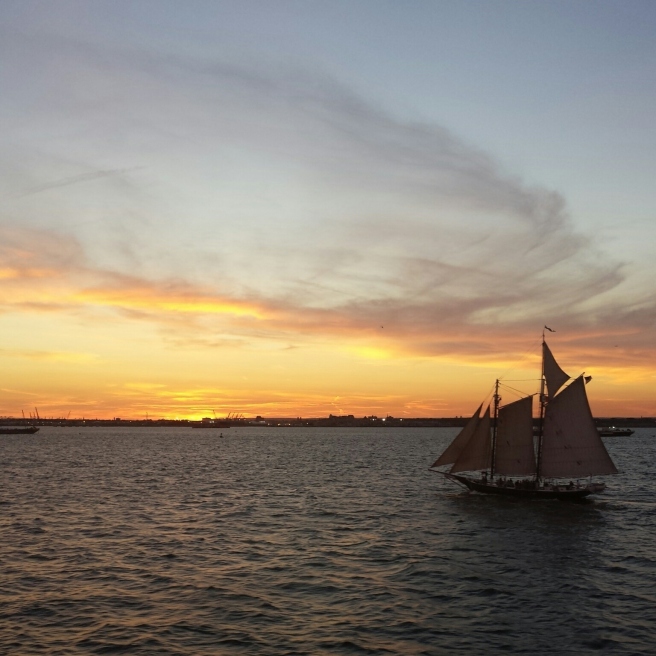
~deep roots are not reached by the frost~










